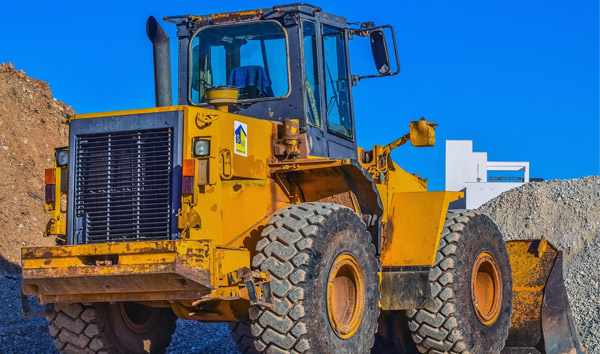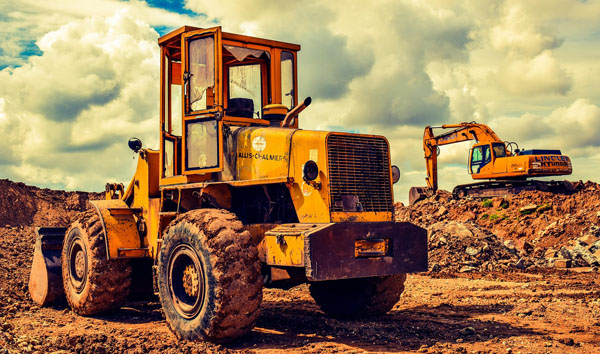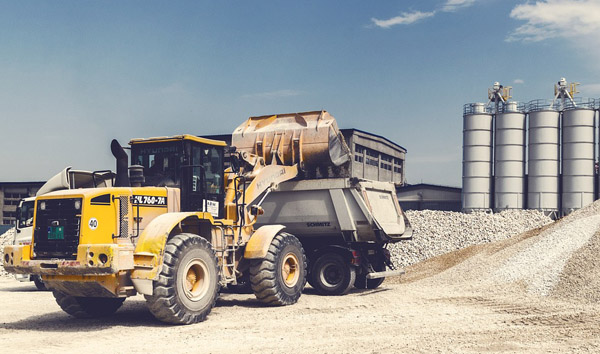The Evolution of Pneumatic Tyres for Rough Terrain Forklifts
2025-08-06 04:40:24
The demand for Rough Terrain Forklifts has surged in industries like construction, agriculture, and logistics, where uneven surfaces and rugged environments are common. Pneumatic tyres play a pivotal role in ensuring stability, traction, and durability in these challenging conditions. This report explores the advancements in rough terrain forklift tyres (pneumatic), their material innovations, and their impact on operational efficiency. Content Rough terrain forklift tyres (pneumatic) have undergone significant transformations over the past decade. Unlike solid or cushion tyres, pneumatic variants offer superior shock absorption, making them ideal for uneven surfaces. The tread patterns on these tyres are specifically designed to enhance grip on loose gravel, mud, and rocky terrains, reducing slippage and improving safety.
One of the key advantages of rough terrain forklift tyres (pneumatic) is their ability to distribute weight evenly, minimizing ground pressure. This feature is critical when operating on soft or unstable ground, preventing sinkage and maintaining productivity. Manufacturers have introduced reinforced sidewalls and puncture-resistant compounds to extend tyre lifespan, even in abrasive environments.
Recent industry data indicates that pneumatic tyres for rough terrain forklifts account for nearly 45% of the global market share in material handling equipment. The rise in infrastructure projects and off-road logistics has further fueled demand. Innovations such as self-sealing polymers and multi-layered rubber compounds have set new benchmarks for durability and performance in rough terrain forklift tyres (pneumatic).
In conclusion, the evolution of rough terrain forklift tyres (pneumatic) continues to drive efficiency and safety in demanding work environments. With ongoing advancements in materials and design, these tyres remain indispensable for industries requiring robust and adaptable material handling solutions.













